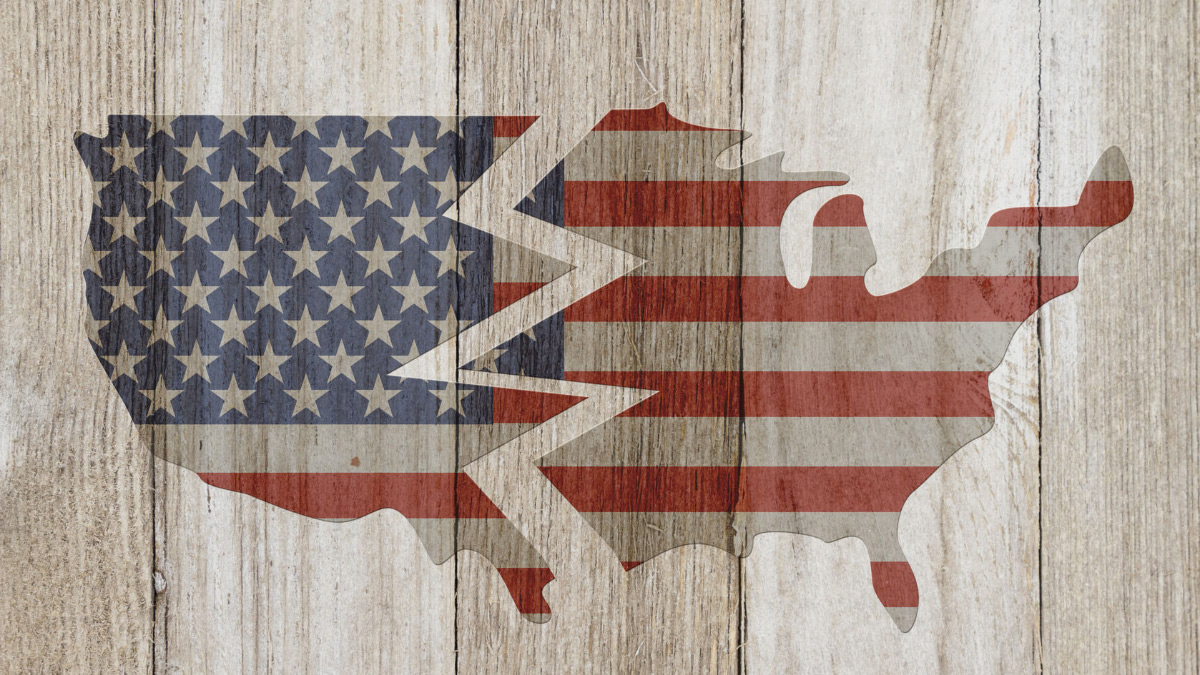President Donald Trump’s Independence Day message this year urged Americans to celebrate their status as “...one people, chasing one dream, and one magnificent destiny.” The president, like so many of his predecessors and fellow citizens, emphasizes the national character of independence without giving one thought to its federal character. By doing so, President Trump and the citizenry miss the real meaning of the American Revolution.
James Madison, the father of the Constitution and our fourth president, reminded us of the genuine Spirit of 1776: “The fundamental principle of the revolution was, that the colonies were co-ordinate members with each other, and with Great-Britain; of an Empire, united by a common Executive Sovereign, but not united by any common Legislative Sovereign.” In other words, the 13 colonies saw themselves as co-equal commonwealths existing within the British Empire based on allegiance to King George III.
Madison continued: “The Legislative power was maintained to be as complete in each American Parliament, as in the British Parliament.... A denial of these principles by Great-Britain, and the assertion of them by America, produced the revolution.”
Each colonial legislature, Madison explained, possessed the sovereign power to pass laws within its jurisdiction and was equivalent to the British national legislature. Parliament’s insistence that it could legislate for the colonies in all cases whatsoever led to the outbreak of hostilities.
Madison’s interpretation is borne out by the Declaration of Independence, which the Second Continental Congress adopted on July 4, 1776. The Declaration primarily addressed George III, who the colonists believed was their only link with the Empire and who had failed to defend them against Parliament’s usurpations. The Declaration mentioned Parliament only indirectly, accusing the king of “combin[ing] with others to subject us to a jurisdiction foreign to our constitution.”
The Declaration concluded by pronouncing the 13 colonies “Free and Independent States,” that is, individual republics making all their own laws and governing themselves.
Of course, the states recognized the need for cooperation if they were to defeat the 18th Century superpower Great Britain. While preparing the Declaration, Congress created a committee to draft a plan of confederation. Under the resulting Articles of Confederation, the states entrusted Congress with matters of war and foreign policy, but retained the full sovereign power to govern their internal concerns.
The confederation certainly had its problems, but it achieved its two main goals: winning independence from Great Britain and preserving self-government within the individual states.
The Articles were ultimately replaced by the Constitution of 1787, but the union retained federative characteristics. Madison, in advocating adoption of the Constitution, described the new plan of government in Federalist 39 as “neither a national or federal constitution, but a composition of both.” Additional powers were delegated to the national government, but, as Alexander Hamilton noted in Federalist 32, the states “retain all the rights of sovereignty which they before had and which were not by [the Constitution] exclusively delegated” to the national government.
Unfortunately, over the years the federal character of the government has been eclipsed by the national character. Officials in Washington exercise powers that were never delegated and that are the province of the individual states. Matters such as marriage, abortion, and workplace relations are addressed in one-size-fits-all national polices rather than through state legislative experimentation. We are so distant from the founding principles that the national overreach is hardly noticed.
Rather than focusing on the size and strength of the national government, Americans should make time to contemplate the forgotten federal aspect of independence. Absent our ancestors’ desire to govern themselves in legislative bodies much closer to the people than the distant Parliament, there would have been no Declaration of Independence. We might also consider whether we have squandered the essence of our Revolution by creating an omnipotent national government that rivals the British Parliament—the entity Madison blamed for causing the colonies to take up arms.












